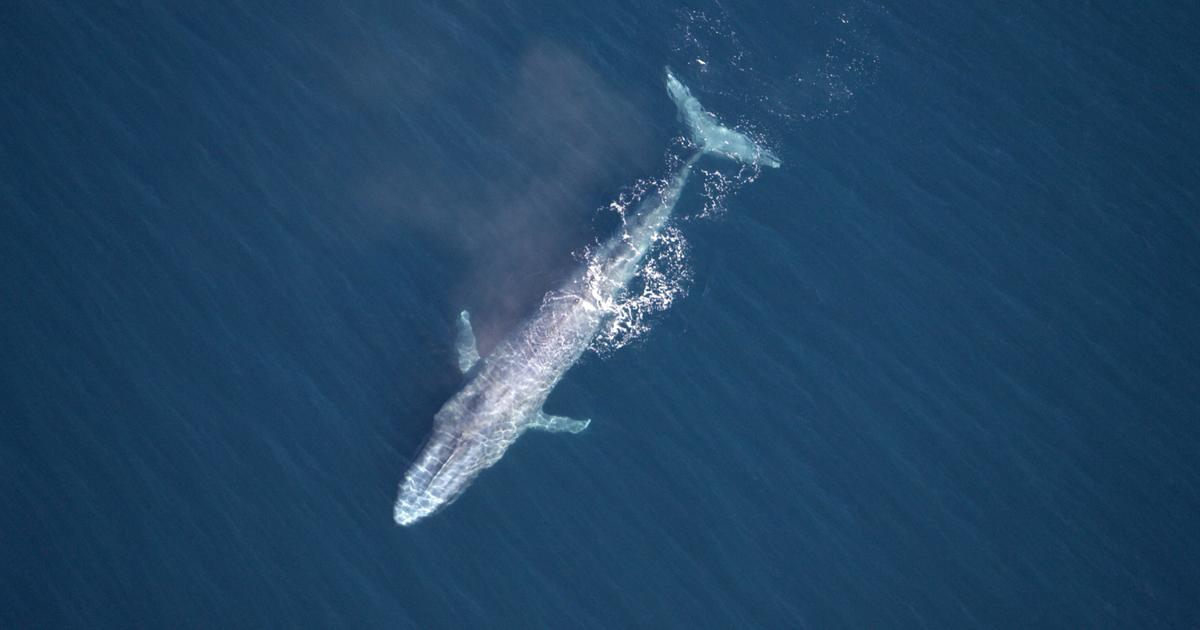
The world's largest whales likely consume about 10,000,000 pieces of microplastic every day off California's coast, study finds
CBSN
The largest animals on Earth are having their health jeopardized by some of the smallest manmade objects. A new study found that filter-feeding baleen whales off of the California coast are ingesting millions of pieces of microplastics every day – a consumption that could be toxic.
Plastic pollution is an issue that has continued to plague the environment, particularly the ocean. Earlier this year, the Organization for Economic Cooperation and Development (OECD) issued a report saying that the world is producing "twice as much plastic as two decades ago" – with much of it leaking into the environment. OECD countries, including the U.S., account for 35% of microplastics leakage, the group found, an effect that poses a "serious concern."
This problem is only expected to get worse in the coming decades, and according to researchers, large marine animals may be at "extreme risk" of ingesting these plastics, which are tiny, synthetic polymers less than 5 millimeters long – about the size of an eraser on a new pencil.
